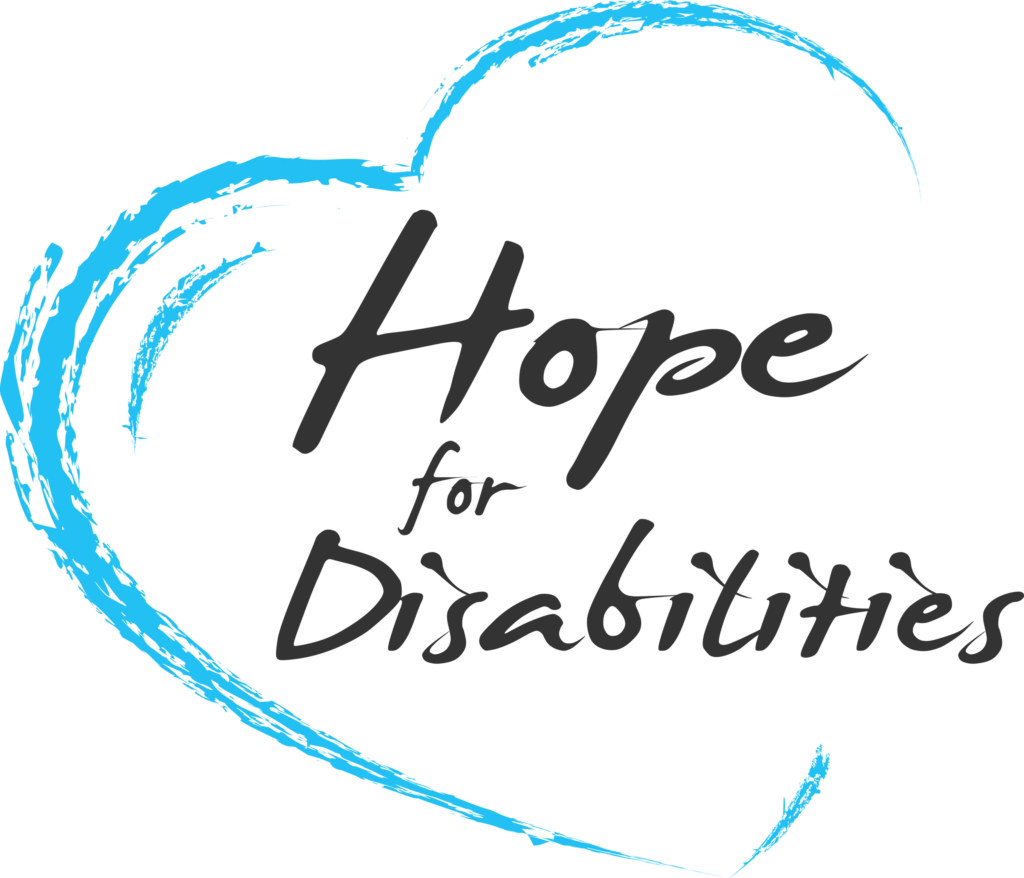Autism Symptoms Checklist
Autism is a result of a disorder of the human central nervous central, that causes development disability. Autism is a highly controversial disorder as regarding its symptoms, causes and treatment. Autism is generally diagnosed based on specific criteria for various impairments in interests, activities, imagination, communication, and social interaction. Therefore, there is no concrete answer to the question, ‘what is autism’.
One important reason of the controversy surrounding autism is that it may not be evident in the outward appearance of the child and therefore, there may be no external indications of such a disorder.
Autism generally sets in before the age of three. The children develop evident delays in language, speech, social interaction, and social communication. Autism also results in the child being poor in symbolic or imaginative play. Here are some symptoms seen in children diagnosed with autism.
As previously pointed, autism may not have any external symptoms, and it may be almost impossible to recognize children with and without autism. However, it has been pointed out that children with autism have a larger head circumference as compared to non-autistic children.
The symptoms of autistic children are not characteristic or common to all children. Autistic children may not display the expected behavior or show completely unusual behavior. Here is a checklist of the various behaviors shown in Autistic children. This is not a comprehensive list and there may be other symptoms in autistic children. Also, it is not necessary that all the behaviors listed below will be seen in autistic children.
Unconcerned about Dangers: Autistic children may be completely unconcerned about any dangers to them. For example, autistic children may just stand on the middle of the street without worrying of a car hitting them, or even lean low against a window on a high rise.
No Pretense: Autistic children may show a dislike to playing pretend games since an earlier age. They will also not cooperate or join other children in group games like hide and seek, police,etc.
Disinterest in children: Autistic children are known not to be too keen on playing with other children. They would not be interested in either getting introduced, introducing, or spending time with other children. Autistic children would also prefer to play alone.
Intensity: Autistic children are also known to throw intense tantrums on little things. These tantrums can also be violent. Autistic children are also known to be un-cooperative, and not returning smiles when smiled at.
Over-enthusiastic: Autistic children are overly active but are immensely non-cooperative and resistant. They may not return smiles when smiled at and may not even respond to his or her name. Other than that, autistic children may have poor eye contact and will not point or wave a bye to the others.
Selfish Behavior: Autistic children may display a selfish behavior, for example getting things only for themselves. They are also very independent for their age and are not comfortable with other people around. Simply put, they are non-social beings since the beginning. Other than that, autistic children will prefer to play alone.
Less Grasping Power: Autistic children will have trouble grasping new knowledge and talents. They may not understand the working of toys or new toys as quickly as non-autistic children.
Other symptoms of autism are:
- Staring at open areas, while not focusing on anything in particular
- Failure to explain what they want
- Spinning around in circles
- Clamping hands on ears.
- Liking to be in well-known places
- Failure to follow directions and the concept of pointing
- Walking on toes
- Having odd movement patterns
- Delay in developing language skills and speech
- Failure to follow direction
